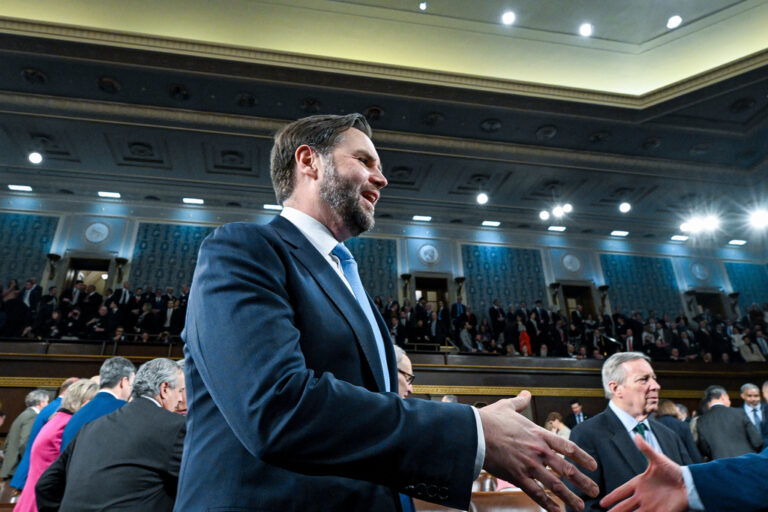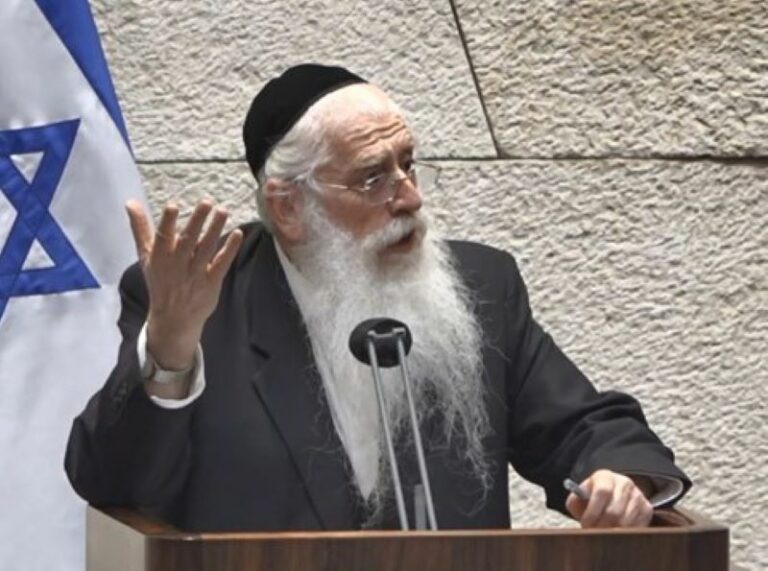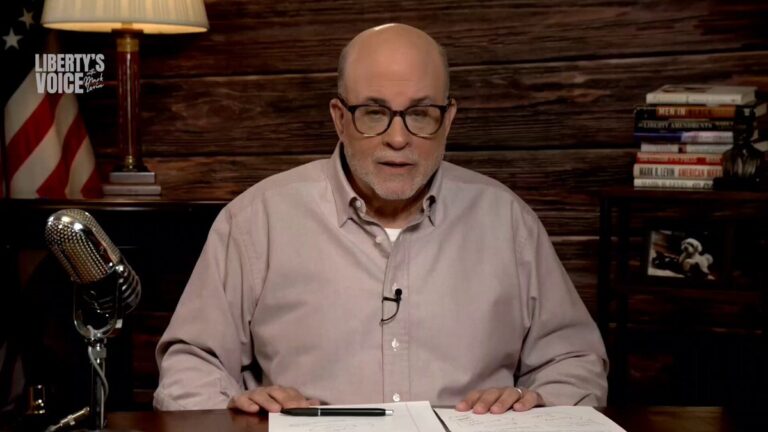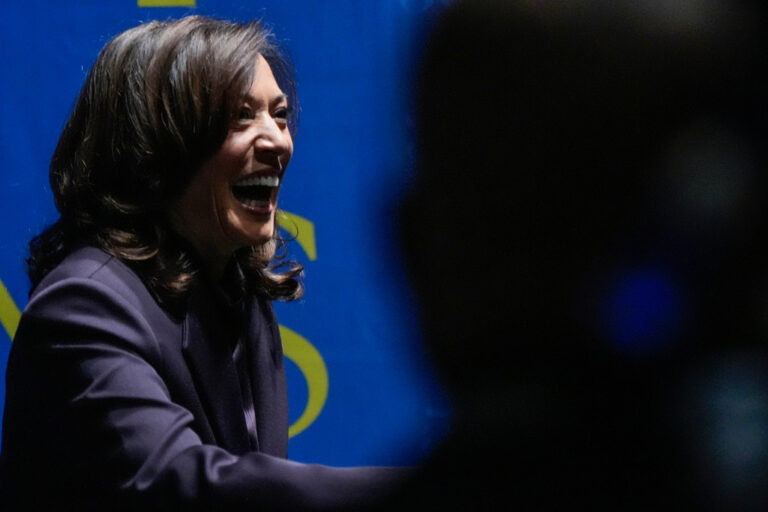 Hillary Clinton’s trouble with the Democratic base reaches back to the moment her longtime mentor, Marian Wright Edelman, blasted Clinton’s husband for cutting a deal with Republicans ahead of his 1996 reelection and signing a welfare overhaul law that she said “makes a mockery of his pledge not to hurt children.”
Hillary Clinton’s trouble with the Democratic base reaches back to the moment her longtime mentor, Marian Wright Edelman, blasted Clinton’s husband for cutting a deal with Republicans ahead of his 1996 reelection and signing a welfare overhaul law that she said “makes a mockery of his pledge not to hurt children.”
Edelman’s husband, Peter Edelman, quit his Clinton administration job in protest over the 1996 bill, and the tensions lingered for years – with Marian Wright Edelman telling an interviewer during Hillary Clinton’s 2008 presidential campaign that the Clintons were “not friends in politics.”
Today, many who have followed the strained political history between these two leading women of the left are perplexed about where they stand with one another.
Clinton, who is expected to clinch the Democratic nomination next week, has put her connection to Edelman at the center of her outreach to liberals who view her with suspicion in part due to her support for the welfare overhaul legislation. She regularly tells audiences about her job with the Children’s Defense Fund in the 1970s, as she did at a recent NAACP gathering in Detroit when she said that standing up against injustice has “always been my North Star, ever since I went to work for Marian Wright Edelman.”
Edelman, 76, seemed to signal that the two had come to terms when she appeared in a campaign video last year, recalling Clinton as a “caring, young, bright, creative student who cared about children and those left behind.”
“It’s confusing, totally confusing,” said Ben Jealous, a former NAACP president who interned for the Children’s Defense Fund in the 1990s and backs Clinton’s challenger, Sen. Bernie Sanders of Vermont.
“Marian was our hero. Peter is a saint – there’s no other way to put it,” Jealous said.
The connection to the first lady was “a point of pride,” he said. But the Clintons have allowed political calculations to triumph too often, he added.
“As progressives, you were given a conscience for a reason, and it should guide your policy.”
The relationship between Clinton and Edelman underscores one of the central challenges facing the Democratic candidate as she shapes her general-election strategy: how to deal with the complicated politics surrounding her husband’s economic record. With the welfare bill, Bill Clinton was willing to anger liberals to pursue a centrist image that was part of his 1996 reelection strategy.
In her campaign this year, Hillary Clinton has sought to strike a balance between her references to Edelman and her efforts to capitalize on her husband’s legacy. She recently suggested that Bill Clinton would work in her White House on economic revitalization.
Clinton and Edelman declined to be interviewed for this story. Despite the promotional video, a Children’s Defense Fund spokeswoman said that Edelman does not endorse candidates for public office because of the organization’s nonprofit status.
Peter Edelman, a Georgetown law professor, said he was reluctant to be interviewed.
“It’s 20 years later,” he said. “I think we’re all in a good place now.”
Peter Edelman said he is “100 percent” behind Clinton’s campaign. “I strongly believe that Hillary is the most qualified candidate for president,” he said.
—
The history between the Clintons and the Edelmans dates to the late 1960s.
Peter Edelman said he was impressed when Hillary Clinton, then a student named Hillary D. Rodham, delivered a 1969 Wellesley commencement speech, and he introduced her to his wife.
Marian Wright Edelman hired Rodham at the Children’s Defense Fund in 1973, after she graduated from Yale Law School.
Edelman proved a powerful and sometimes surprising mentor. She sent Clinton to knock on doors in poverty-stricken parts of New Bedford, Mass., and collect data.
Daniel Yohalem, a New Mexico civil rights lawyer who joined the fledgling organization with Clinton, said that over the eight or so months that they worked together, they saw how Edelman’s idiosyncratic approach had the potential to make a real impact. The data they gathered was used for a report that eventually stopped schools across America from pushing out disadvantaged, minority and disabled children.
Yohalem said he also recalled a more idealistic Clinton than he observes from afar today.
“She was very committed as an advocate as a young person,” Yohalem said. “Political ambition was not a big part of her life back then. It was a nice time to know her because of that.”
Clinton’s connection with the Edelmans continued when she moved to Washington in 1974 to work on President Richard Nixon’s impeachment inquiry. She joined the Children’s Defense Fund board in 1978 and chaired it from 1986 until 1992.
The Edelmans’ son, Jonah, recalled Clinton’s frequent phone calls to the family’s Washington home. On occasion, Clinton would come to the house, where she and Edelman hammered out Children’s Defense Fund issues at the kitchen table.
They were “sisters in the best sense of sisterhood,” said David Hornbeck, a Children’s Defense Fund board chairman who has known both women for decades. Both were “policy wonks,” he said, who “fought many battles together, prayed together and wept together.”
After Bill Clinton won the presidency in 1992, the new first lady appeared to carry her mentor’s goals into the White House. Sara Rosenbaum, a professor of health policy at George Washington University, remembered Hillary Clinton marching her into the Oval Office to convince the president of the importance of supporting childhood immunization.
“He heard her loud and clear,” Rosenbaum said.
The Children’s Defense Fund seemed well positioned to help shape the Clintons’ policy agenda. Bill Clinton took the stage at the Washington Hilton on the organization’s 20th anniversary, addressing Edelman as “my dear friend” and alluding to many other ties between the nonprofit and his administration.
“He was amazing,” recalled Eve Brooks, then-president of the National Association of Child Advocates, adding that it all seemed a little too good to be true.
In those early days, the Clintons “had an exaggerated view of their own combined capacity,” recalled Peter Edelman in an extensive 2004 interview for a presidential oral history project at the University of Virginia’s Miller Center.
The Clintons’ burgeoning political agenda and the looming 1996 reelection campaign created tensions between the third-way approach espoused by the Democratic Leadership Council and the ideals embraced by the Children’s Defense Fund.
The result was a juxtaposition of fury and friendship.
—
In November 1995, with congressional Republicans pushing for welfare changes, Marian Wright Edelman wrote a vituperative open letter to the president in The Washington Post, saying that he faced “a defining moral litmus test” for his presidency.
That month, Hillary Clinton invited Peter Edelman to fly on Air Force One to Yitzhak Rabin’s funeral. He spent the return flight playing hearts with the president – and saw Hillary leap into her husband’s lap, Edelman recalled in the Miller Center interview.
Marian Wright Edelman did not let up the pressure. In early June 1996, she led a massive rally on the Mall, railing against “can’t-do leaders driven more by polls than principle.” The same day, in the Oval Office, the president delivered his weekly radio address expressing his commitment to “end welfare as we know it” by requiring “more work” and “strict time limits.” The first lady made no public appearances that day. But in the following weeks she helped rally support for the measure on Capitol Hill.
Signed in August 1996, the Personal Responsibility and Work Opportunity Act aimed to end chronic dependency by putting time limits on welfare and requiring recipients to seek jobs, while shifting responsibility from the federal government to the states – changes that critics thought would hit the most vulnerable hardest.
Hornbeck recalled Hillary Clinton’s support for the legislation as an anomaly: “It was so out of character with who she is and who she had been and who we continued to think she was,” he said.
The Edelmans made no secret of their objections. Marian Wright Edelman released a scathing statement blasting Bill Clinton for signing “this pernicious bill.” Peter Edelman quit his position as assistant secretary for planning and evaluation at the Department of Health and Human Services. Then, in print, he excoriated “The Worst Thing Bill Clinton Has Done.”
To those who knew Hillary Clinton and Marian Wright Edelman, this was the moment that showed how far Clinton had traveled from her early activist days.
“Pragmatism, expediency – that’s the issue,” said Yohalem, Clinton’s former colleague at the Children’s Defense Fund.
Clinton later acknowledged that she had put “pragmatic politics” ahead of her mentor’s principles.
“In the painful aftermath [of the welfare debate], I realized I had crossed the line from advocate to policymaker,” she wrote in her 2003 memoir, “Living History.” “I hadn’t altered my beliefs, but I respectfully disagreed with the convictions and passion of the Edelmans and others who objected to the legislation.”
The couples’ contacts remained cordial. Hillary Clinton accepted Marian Edelman’s invitation to Peter’s 60th birthday party in 1998 at the Sphinx Club in downtown Washington. And Hornbeck recalled her arriving at the Children’s Defense Fund’s Haley Farm in Tennessee in 1999 for the dedication of its Langston Hughes Library, describing the two women walking alone at dusk across a bridge over a lake.
“Nobody was privy to what they said,” he recalled.
But even as the old wounds were stitched up in public – Bill Clinton awarded Marian Edelman the Presidential Medal of Freedom in 2000, and Hillary Clinton was honored in 2013 at the Children’s Defense Fund’s 40th anniversary gala – the scar of welfare overhaul remained.
In the 2004 interview, Peter Edelman said the relationship with the Clintons “is never going to be exactly the same.” And in the run-up to the 2008 election, he told the New York Times, “They don’t acknowledge the number of people who were hurt. It’s just not in their lens.”
Clinton’s candidacy 20 years later has prompted a renewed debate about the legislation’s impact, weighing the rapid decline in caseloads in the late 1990s with a rise in the poverty rate after the 2008 economic crash.
Sanders, who voted against the measure, has called it “an attack, by and large, on low-income African-Americans.”
Clinton, who defended the legislation in her 2008 campaign, has tried to thread the needle this year. In a recent radio interview, she described the positive impact on people who got “that first rung on the ladder of a job.”
But she blamed a Republican president, George W. Bush, and state governors for any shortfalls in the policy.
Then Clinton appeared to offer a concession, perhaps one that Edelman’s backers would welcome: “We have to take a hard look at it again,” she said.
(c) 2016, The Washington Post · Frances Stead Sellers










